P Bhanumathi
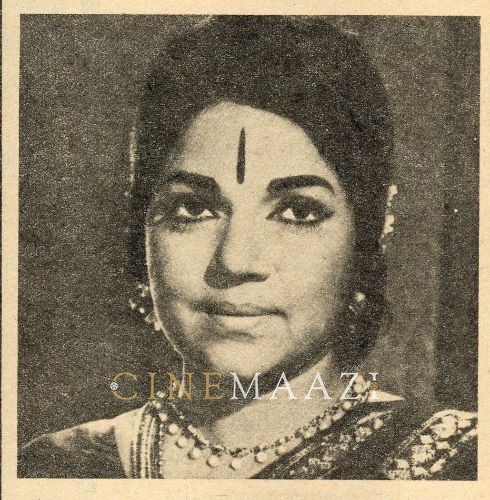
Subscribe to read full article
This section is for paid subscribers only. Our subscription is only $37/- for one full year.
You get unlimited access to all paid section and features on the website with this subscription.
Not ready for a full subscription?
You can access this article for $2 , and have it saved to your account for one year.
- Born: 7 September, 1924 (Doddavaram village of Prakasam district, near Ongole, Andhra Pradesh)
- Died: 24 December, 2005 (Chennai.)
- Primary Cinema: Telugu
- Parents: Saraswatamma, Bommaraju Venkata Subbaiah
- Spouse: P S Ramakrishna Rao
- Children: Bharani
P Bhanumathi once said, “People in the film industry call me high-spirited and a woman who tried to get what she wanted and often succeeded. Their assessment was correct.” That, in a nutshell, was the sheer force and charisma of the Grande Dame of Telugu and Tamil cinema. Acknowledged as Telugu cinema’s first female superstar, P Bhanumathi was a multi-faceted personality—actress, writer, director, producer, studio owner, music director, singer and novelist. In fact, it was because of these aspects that she was also termed Ashtavadhani by film industry. Entering the film industry in 1939, she acted in over 200 films in Telugu and Tamil. Some of her key films include Swargaseema (1945), Laila Majnu (1949), Prema/ Kathal (1952), Chandirani (1953), Chakrapani (1954), Malaikallan (1954), Alibabavum 40 Thirudargalum (1955) and Madurai Veeran (1956). A talented writer, she won the Andhra Pradesh Sahitya Academy as best short story writer, served as Director and Principal of the Tamil Nadu Government Music College, and was also well-known for her work in philanthropy, being associated with a number of social service organisations. Awarded the Padma Shri and the Padma Bhushan for her contribution to Indian cinema, she was also honoured among "women in cinema" at the 30th International Film Festival of India. Awarded the Rashtrapati Award in acting for Annai (1962), Antastulu (1965) and Palnati Yuddham (1966), she was also conferred the government National Award for Best Writer for the book Nalo Nenu, an autobiography.
Born on 7 September, 1924, the third child of Saraswatamma and Bommaraju Venkata Subbaiah, in Doddavaram village of Prakasam district, near Ongole, Andhra Pradesh, she grew up amidst stage and classical music. Her father, a stage performer, was also a classical music afficionado and initiated her into training from an early age. Entering the film industry in 1939, she made her debut in Telugu cinema with Vara Vikrayam (1939), directed by C. Pullaiah. She played Kalindi, a 13-year-old girl who is forced into marriage with an elderly man, and takes her own life. She featured in Malathi Madhavam (1940), Dharma Patni (1941) and Bhaktimala (1941); however, popularity came with Krishna Prema (1943), followed by Swargaseema (1945), a landmark film in her career. She played a role with negative shades, that of a manipulative theatre artist who pursues a married man. The popularity of her song in the film, Oho pavurama saw her flooded with offers, and she went on to feature in several memorable films such as Chakrapani, Laila Majnu, Vipranarayana (1954), Malliswari (1951), Batasari (1961) and Anthastulu (1965). She did her first film in Tamil, Ratnakumar (1949) opposite P. U. Chinnappa. By 1953, she made her directorial debut with Chandirani, a trilingual made in Tamil, Telugu and Hindi.
Bhanumathi essayed a range of roles with ease from romantic, fun loving and playful characters to strong women characters and even roles with negative shades. She worked with the leading actors of the times, such as N T Rama Rao, Sivaji Ganesan, M G Ramachandran, Akkineni Nageswara Rao, Nagarjuna, Balakrishna, Chiranjeevi, Pawan Kalyan, and Venkatesh. She was admired for her self-respect and versatility. Well-known actresses like Jamuna and Savitri, among others, considered her an inspiration for entering films. India's First Vice-President Sarvepalli Radhakrishnan was also a fan of her work.
She continued to act in pivotal roles in many hit films in her later years such as Tatamma Kala (1974), Gadasari Atta Sogasari Kodallu (1981), Mangammagari Manavadu (1984), Muddula Manavaralu (1986), Bamma Maata Bangaru Baata (1989), Peddarikam (1992) and Pelli Kanuka (1998), which was her last film.
Instances abound of Bhanumathi’s spirited and generous nature. Her rift with Aluri Chakrapani saw her quitting his film Missamma. She was replaced by Savitri. Later, watching the film, Bhanumathi sportingly quipped that she herself had lost a wonderful role but the industry had gained a talented actress in Savitri. She also went on to make a satirical film on Aluri Chakrapani, titled Chakrapani which turned out to be a huge hit. She also worked as music director for this film. Story goes that when she was shooting for the film Anthasthulu (1964), she waved aside the offer to stay in a fancy hotel and instead stayed at the humble even primitive Sarathi Studios. The following morning, she woke up to find her nails bitten by rats. Calmly applying iodine on the cuts, she refused the offer to cancel shooting, claiming. “If you cancel shoot for small things how will I be a Bhanumathi?” Her name, incidentally, translates as ‘shining like the sun’ in Sanskrit.
A gifted musician, Bhanumathi was accomplished at both Carnatic and Hindustani music. Despite the trend of using playback singers, she rendered her own songs in films, voicing popular numbers such as Pilichina biguvatara, Kila Kila Navvulu, Oh Pavurama, Preme Nerama in Telugu and Azhagaana Ponn Naan, Vaarai Inbam Thaaraai, Nilaa Nilaa Odi Vaa, Thalai Vaari Poochoodi Unnai, Kannile Iruppathenna and Annai Enbadhu Neethaanaa in Tamil. She also provided music to many of her films.
A multi-faceted personality, she went on to serve on many movie-related organisations, including being a member of the State Film Awards Committee for two years. A Visiting Professor at the Film Institute for a year, she was also a member of the Children’s Film Society for five years. A talented writer, she has several short stories to her credit. Her autobiography Nalo Nenu published in Telugu, was later released in English as Musings. She was awarded by the Andhra Pradesh Sahitya Academy for her popular short stories, Attagari Kathalu. A member of the Lalit Kala Academy for five years, and Sahitya Academy, Andhra Pradesh for 10 years, she also served as Director and Principal of the Tamil Nadu Government Music College.
Well-known for her social work, she was associated with several organisations. Founder member and treasurer of Madras branch of Altrusa International Inc., Chicago, she was also a life member of the Red Cross Society, and also established an educational institution, Dr Bhanumathi Ramakrishna Matriculation School at Saligramam, Chennai which provided free education to the underprivileged. She also had a good knowledge of astrology and philosophy.
On the personal front, she married film producer, director and editor of Telugu and Tamil Films, P S Ramakrishna Rao on 8 August, 1943. The couple had one son, Bharani. They went on to launch their production company, Bharani Pictures.
Among the awards she was honoured with include the Filmfare Lifetime Achievement Award – South (1987), Raghupathi Venkaiah Award, from the Government of Andhra Pradesh, in 1985, Nandi Award for Best Director in 1986, NTR National Award, from the Government of Andhra Pradesh, in 2000, Tamil Nadu State Film Honorary Award – "Arignar Anna Award" in 1992, Kalaimamani (connoisseur of arts), Government of Tamil Nadu, in 1983, Kalaprapoorna, Andhra University, Visakhapatnam, in 1975. She was also awarded an Honorary Doctorate by Sri Venkateswara University, Tirupathi, in 1984.
P Bhanumathi passed away on 24 December, 2005 at the age of 81 in Chennai.
-
Filmography (12)
SortRole
-
Pelli Kanuka 1998
-
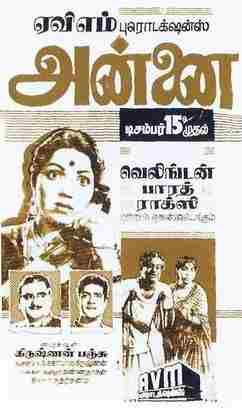
Annai 1962
-

Mangala 1950
-
Nalla Thambi 1949
-
Vara Vikrayam 1939
-



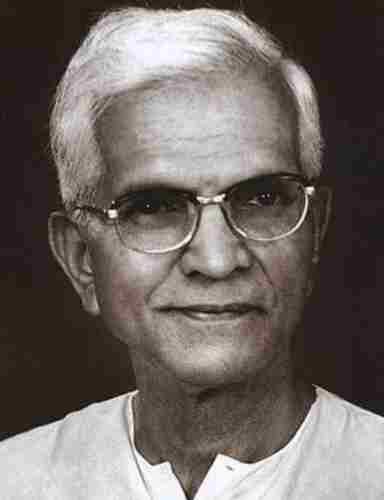
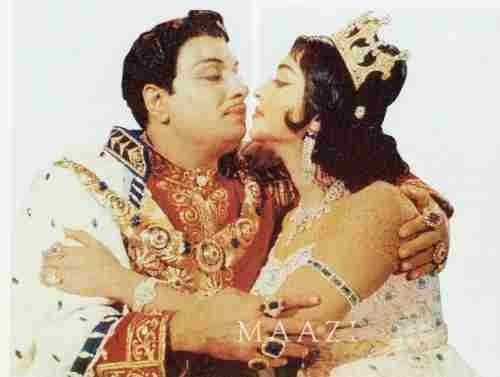
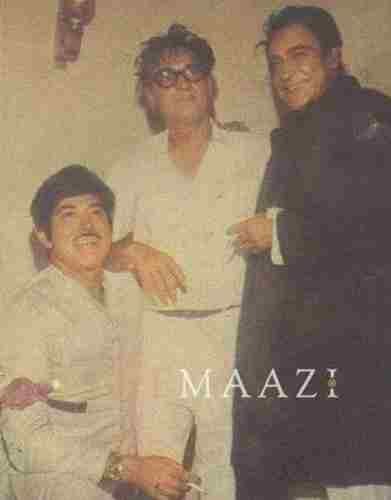
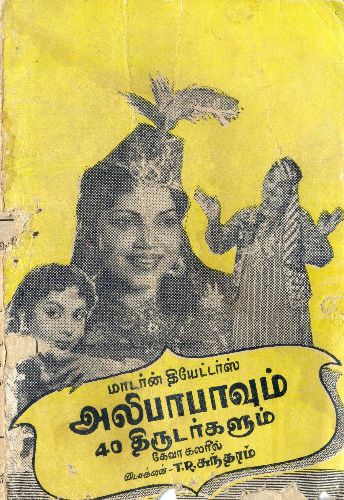
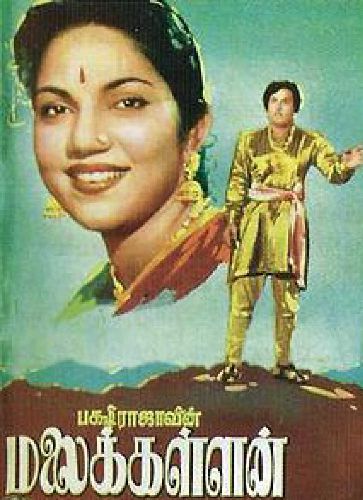
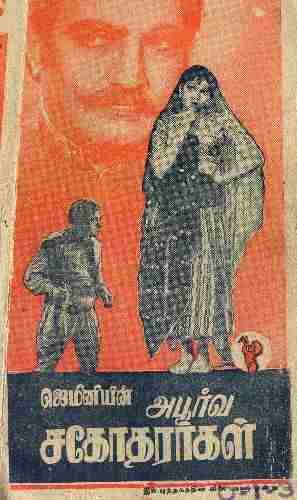
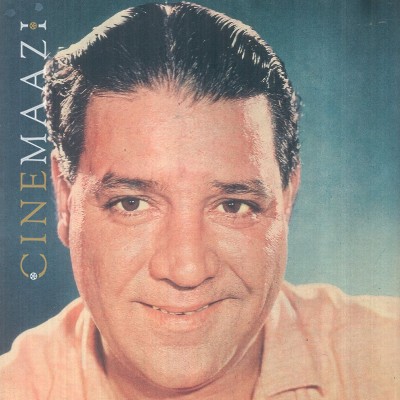
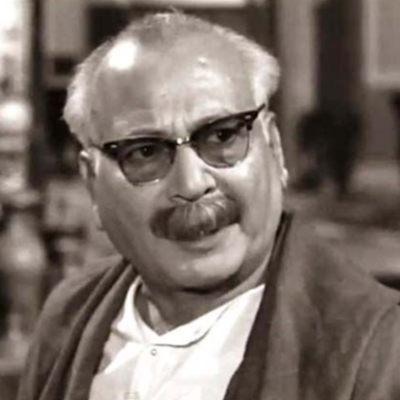
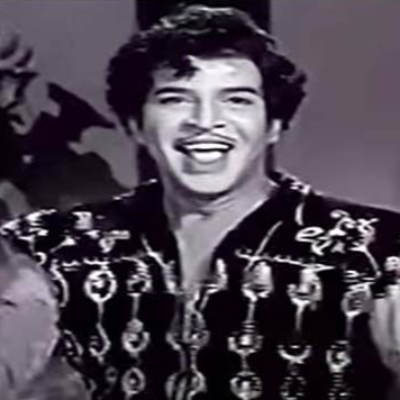

.jpg)



